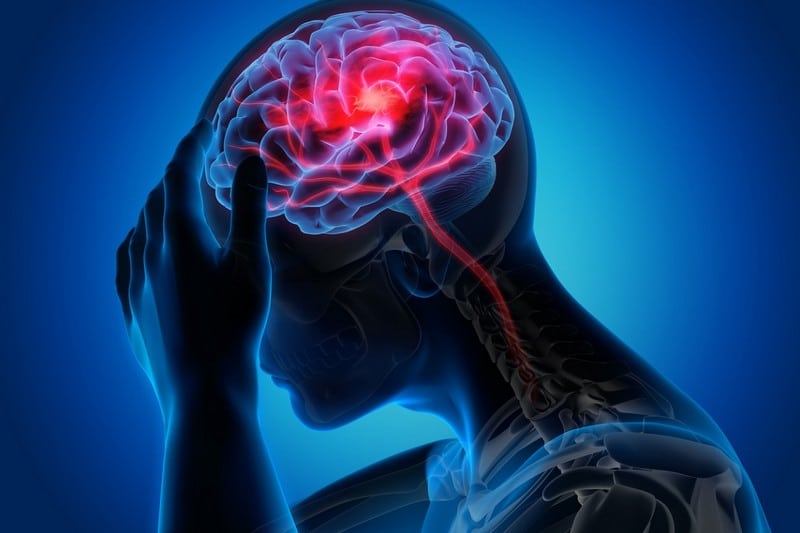Encephalopathy

Encephalopathy is a brain disease capable of altering the function or structure of the brain. Several infectious agents, such as bacteria and viruses, metabolic dysfunction, increased pressure in the skull, brain tumor, and prolonged exposure to various toxic elements such as drugs, solvents, paints, radiation, certain metals, and industrial chemicals like arsenic. Insufficient blood or oxygen flow to the brain, poor nutrition, and chronic progressive trauma can also cause encephalopathy.
Progressive loss of cognitive ability and memory, loss of consciousness, lethargy, inability to concentrate, and subtle personality changes are common neurological symptoms of encephalopathy, which are likewise dependent on the severity and type of the condition. People may also notice that a person has lost the ability to speak or swallow, has seizures, muscle weakness and atrophy, tremor, rapid involuntary eye movement, and involuntary twitching of a muscle group.
When a person diagnosed with encephalopathy receives early treatment, the condition is treatable and reverses the impairment of the brain. But when left untreated, the person may only have a short time to live. Encephalopathy due to toxic arsenic poisoning is rare, although it could happen, according to experts.










